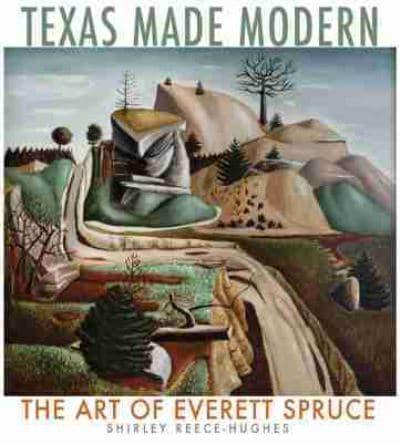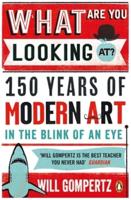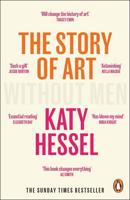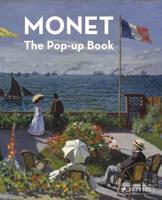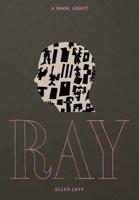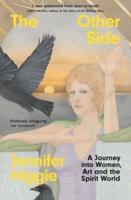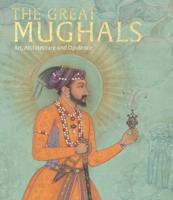Publisher's Synopsis
Everett Spruce came to Texas from his Arkansas home in 1925 to study at the Dallas Art Institute. Over the next seven decades, he became one of the most important painters and teachers in the region. One of the 'Dallas Nine,' a group of influential Texas Regionalists that included Jerry Bywaters, Otis Dozier, William Lester, and others, Spruce was among the artists who lobbied the Texas Centennial Commission for a greater role in the Centennial Exposition of 1936. These efforts, though unsuccessful, nevertheless led to greater recognition and influence for Texas art and artists.
Spruce was assistant director and taught art at the Dallas Museum of Fine Arts until 1940 when he joined the faculty of the University of Texas at Austin. He painted and taught at the university for the next 38 years, guiding and shaping the next generation of Texas artists, including Roger Winter, William Hoey, and others. Spruce died in 2002 at the age of 94.
Texas Made Modern: The Art of Everett Spruce traces Spruce's artistic evolution from his early experimental work of the 1920s through the mysterious, surrealist-imbued landscapes of the 1930s. The work addresses his boldly expressionistic imagery of the 1940s and his abstract expressionist - inspired paintings of the mid-twentieth century. Departing from previous accounts of Spruce, which label him a prototypical regionalist, this study reveals the nuanced meanings behind the artist's shifting approaches to Texas subject matter and resituates his artwork within the broader narrative of American art.
